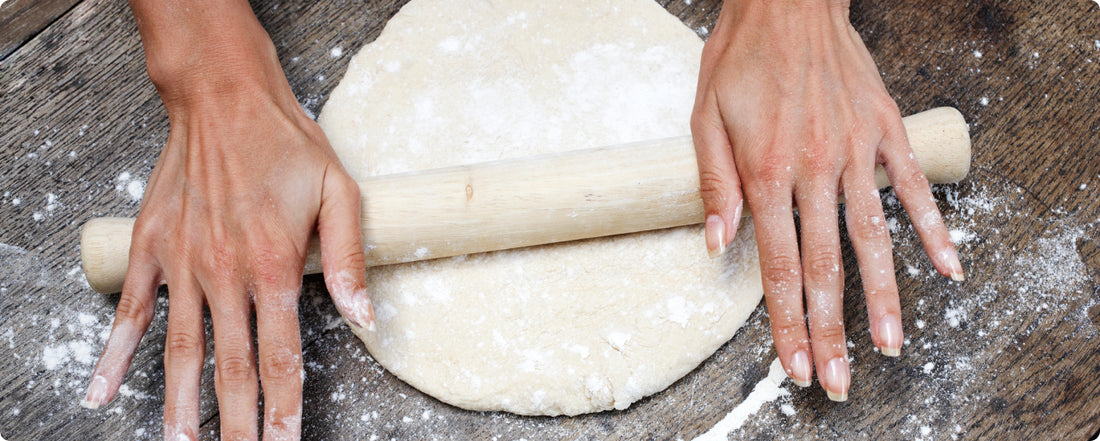Gluten-free cassava flour is more versatile than you may think. Professional chefs and bakers know it makes great dough and thickener for food recipes. Cassava, also known as yuca, is a tuber crop with roots that is rich in nutrients such as fibre, potassium and complex carbohydrates. Cassava flour is neutral tasting which means it will not interfere with the taste or aroma of the food or pastry.
Nutritional Benefits of Cassava Flour
Cassava flour is not just a food or baking additive; it provides great nutritional value for consumers. This paleo flour is derived from cassava which contains fibre, and vitamins B and C, such as niacin, riboflavin, and thiamine. Like some other tuber crops, cassava is also a good source of starch that helps promote gut health and maintain blood sugar levels. Cassava flour is considered a paleo-friendly ingredient, and although it's low in calories, it's not regarded as a keto diet.
Cassava Flour Taste and Texture
Unlike almond or wheat flour, cassava does not have a strong flavour that can influence the aroma or taste of your food or pastry. It has a relatively neutral taste that allows the taste of other baking ingredients to shine. Additionally, cassava flour is a great neutral baking option for making either sweet or savoury cassava flour recipes.
However, it's important to buy cassava flour that is well-processed and has great quality to get the best out of your baking. Also, tapioca flour is known to have a gummy texture when used in food, but this is not the case with cassava flour, so it's important to understand the difference before use.
How to Bake With Cassava Flour
Whether you're an amateur or professional baker, anyone can use cassava flour to make great pastries. Nevertheless, here are a few things to know about baking with cassava flour.
Cassava flour is a little denser and more powdery than white flour, which means you may not need as much cassava flour quantity as you would when using other types of flour. If you would normally use 1 cup of white flour for your recipe, try using ¾ cup of cassava flour as a replacement. Although, you can expect the same crunch and browny colouring as white flour when used in some recipes.
When used as a thickener, it's important to know that this paleo flour is more absorbent than other types of flour and should be used in moderate quantities. Also, quantities should be adjusted to prevent it from yielding dry baked goods.
As aforementioned, cassava is denser than other flours; therefore, adding too much or too little amounts can throw off your recipe. Its flavour is largely unnoticeable in recipes, so you would not have to worry about altering the taste of your baked foods when you use cassava flour.

